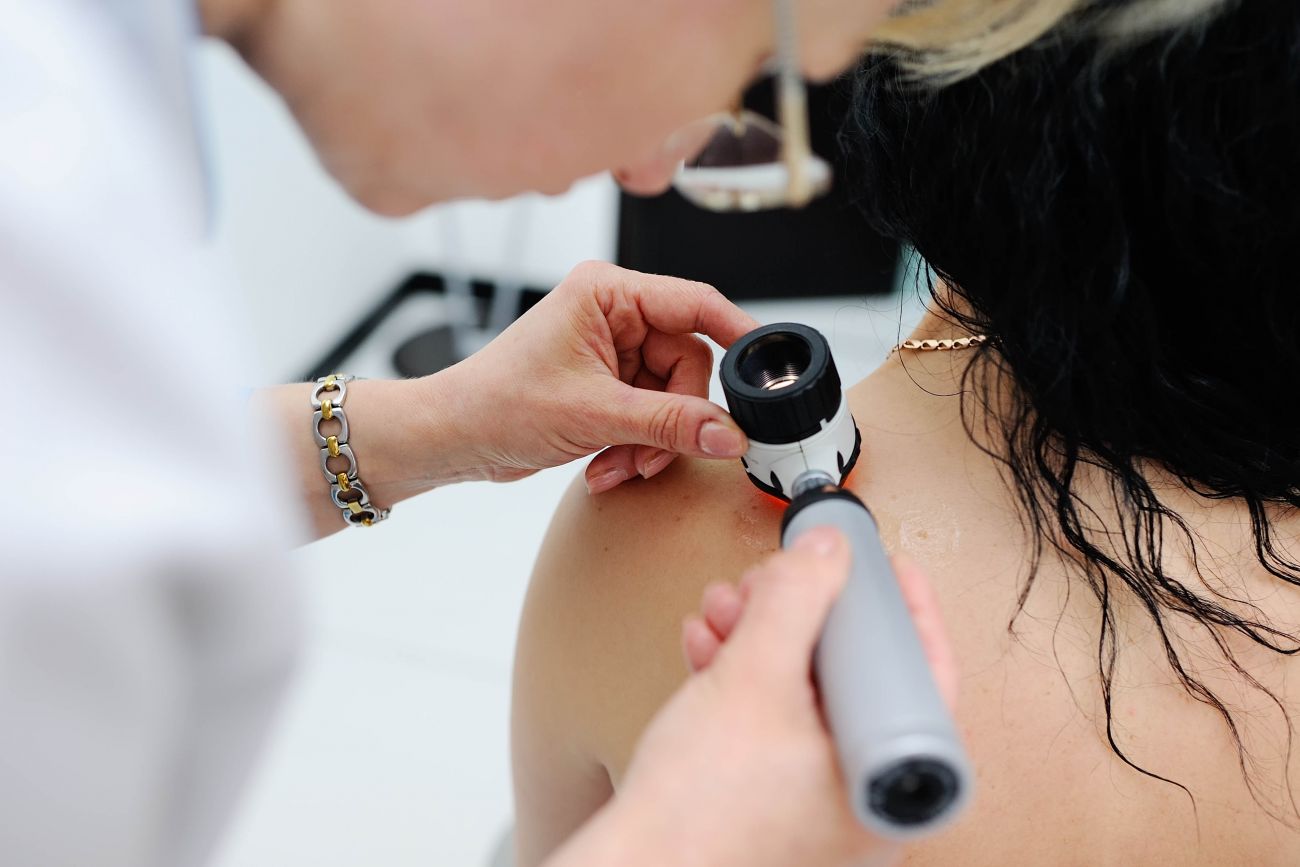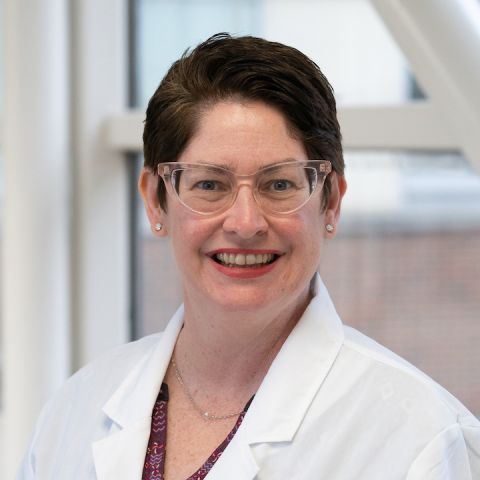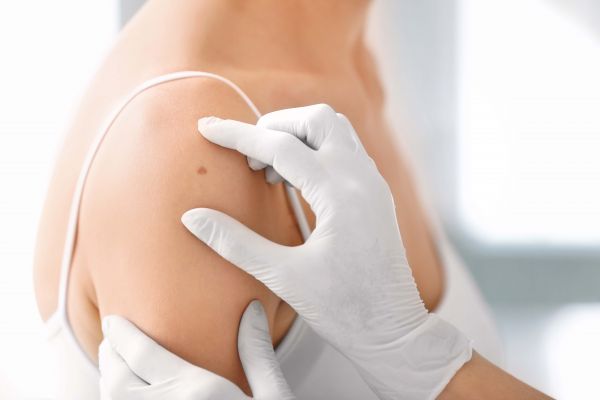Slight changes in moles or freckles might indicate it's time to make an appointment.
Skin cancer is the most common type of cancer in the United States. More than five million people are diagnosed with skin cancer every year and more than one in five Americans will develop it by age 70. The good news for Western New Yorkers is that New York State comes in near the bottom of skin cancer rates in state rankings. At the same time though, melanoma, the deadliest form of skin cancer that tends to spread quickly to other organs, is New York State’s ninth most common cancer among both men and women.
May is Skin Cancer Awareness Month. Given the prevalence, it's a good time to remind yourself to practice prevention and be aware of warning signs as early detection increases chances for lifesaving skin cancer treatment.
When should you see a dermatologist? "Generally, we recommend adults see their dermatologist annually,” advises Melissa Spencer, MHS, RPA-C, a physician assistant with Roswell Park Dermatology, a member of the Roswell Park Care Network. "People should also make an appointment any time they notice a new lesion or mole that is itching, bleeding, or changing in size or color."
With 18 years of experience working in medical dermatology, Spencer recently joined Roswell Park Dermatology in Depew, where patients of all ages now have a direct link to the complete range of services and specialists at Roswell Park Comprehensive Cancer Center.
Skin cancer early detection
Early detection is key, Spencer says. Changes in a mole, lesion or scar, as well as any sores that aren't healing or dark bands across finger and toenails should be evaluated by a dermatologist as soon as possible. If there is a concern, a biopsy can determine if skin cancer is present — as well as determine the specific type of skin cancer, such as basal cell carcinoma, squamous cell carcinoma and melanoma, which are all characterized by different risk factors, symptoms and treatments.
First-time patients can expect a full body check and complete skin exam. Dermatologists typically use a dermatoscope, a hand-held light and magnifier, to examine moles and lesions as well as detect any unusual lesions or discoloration in the scalp and nails. A thorough history regarding a patient's prior sun exposure, tanning history, personal skin cancer history and family skin cancer history is also used to determine risks and treatments.
Tips for skin cancer prevention
While early detection and diagnosis of skin cancer can help to ensure more successful outcomes, preventing cancer from occurring is an even better option.
Spencer recommends vigilant sun protection including:
- Apply at least SPF 30 or higher sunscreen.
- Choose products with zinc oxide and titanium dioxide, ingredients that are physical, rather than chemical, sun blockers.
- For extra protection, wear a wide-brimmed hat and sunglasses with UVA/UVB lenses during outdoor exposure.
- Try to limit sun exposure between the hours of 10 am - 2 pm.
- Reapply sunscreen as indicated by the product, or every 60-80 minutes, especially when sweating, exercising or engaging in water activities.
In addition to offering patients with skin cancer the latest treatment advances and clinical trials, Spencer notes that being part of the Roswell Park Care Network provides full skin care for all ages in their satellite office that offers the convenience of being closer to patient communities.
“We see our youngest pediatric patients for a variety of concerns including skin rashes and pigmented lesions. We also treat older patients who have cosmetic concerns and can benefit from topical medications that may be helpful in reducing signs of aging,” she explains.
When possible, skin cancers are treated in-office with curettage, a surgical procedure to remove tissue, and/or electrodessication, a quick and simple technique that uses an electric current to remove skin lesions such as sebaceous hyperplasia, cherry angiomas, seborrheic keratoses, skin tags, and brown spots.
"Working to detect and address precancers and skin malignancies at their earliest and most treatable stages is our goal,” says Spencer. "Having a direct link to the main Roswell Park campus, and having the resources of our multidisciplinary specialists who can prescribe the latest immunotherapies, plastic and reconstructive surgery or recommend clinical trials, ensures that our patients are always receiving the highest quality level of care for their skin conditions.”




